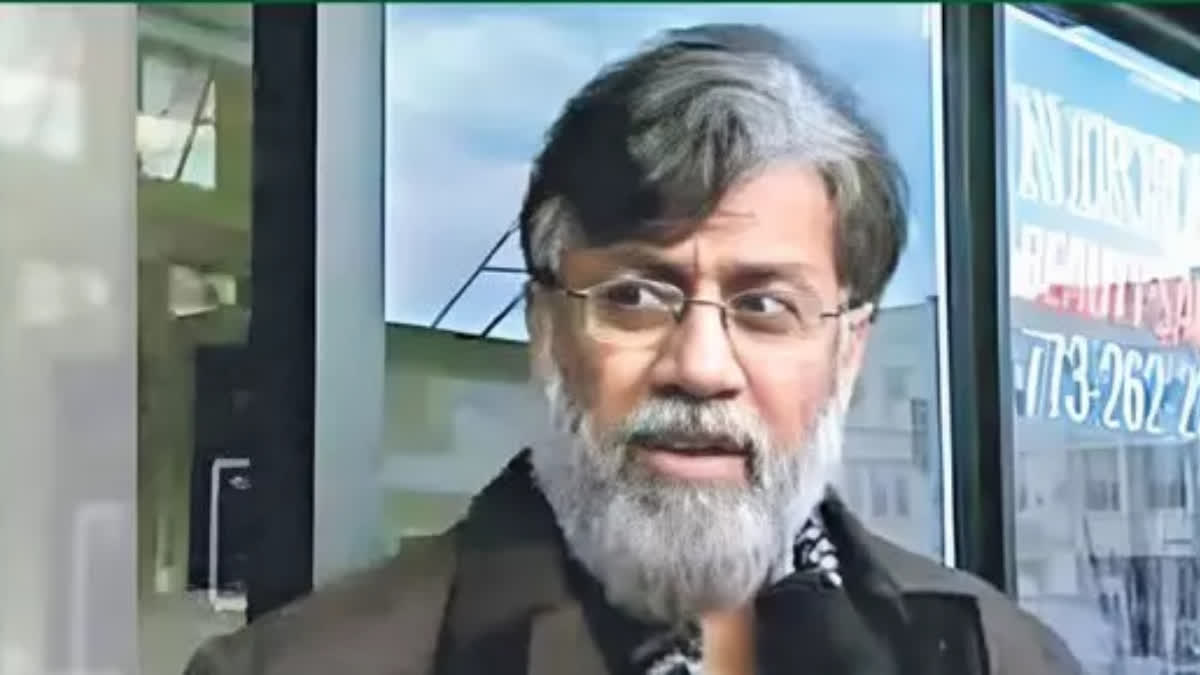Washington: The US Supreme Court has cleared Mumbai attack convict Tahawwur Rana's extradition to India, dismissing his review petition against the move. India is seeking the extradition of Rana, a Canadian national of Pakistani origin, as he is wanted in the 2008 Mumbai terrorist attacks case.
This was Rana’s last legal chance not to be extradited to India. Earlier, he lost a legal battle in several federal courts, including the US Court of Appeals for the North Circuit in San Francisco. Rana on November 13 filed a “petition for a writ of certiorari” before the US Supreme Court.
This was denied by the apex court on January 21, a day after Donald Trump was sworn in as the American President. “Petition DENIED,” the Supreme Court said. Rana, 64, is currently detained at the Metropolitan Detention Center in Los Angeles.
Earlier the US government had argued in the court that the petition for a writ of certiorari should be denied. US Solicitor General Elizabeth B Prelogar said this in its filing before the Supreme Court on December 16. She said Rana was not entitled to relief from extradition to India in this case.
In his ‘petitions for a writ of certiorari to review the judgment of the United States Court of Appeals for the Ninth Circuit, Rana had argued that he was tried and acquitted in federal court in the Northern District of Illinois (Chicago) on charges relating to the 2008 terrorist attack on Mumbai.
"India now seeks to extradite him for trial on charges based on the identical conduct at issue in the Chicago case,” it said. Prelogar disagreed. “The government does not concede that all of the conduct on which India seeks extradition was covered by the government’s prosecution in this case. For example, India’s forgery charges are based in part on conduct that was not charged in the United States: petitioner’s use of false information in an application to formally open a branch office of the Immigration Law Center submitted to the Reserve Bank of India,” the US Solicitor General had said.
“It is not clear that the jury’s verdict in this case— which involves conspiracy charges and was somewhat difficult to parse — means that he has been “convicted or acquitted” on all of the specific conduct that India has charged,” Prelogar had said.
Rana is known to be associated with Pakistani-American terrorist David Coleman Headley, one of the main conspirators of the 26/11 Mumbai attacks. A total of 166 people, including six Americans, were killed in the 2008 Mumbai terror attacks in which 10 Pakistani terrorists laid a more than 60-hour siege, attacking and killing people at iconic and vital locations of Mumbai.
Senior advocate Ujjwal Nikam, who was the Public Prosecutor for the 26/11 attacks case, said, "By sending Tahawwur Rana, the role of the Pakistani Army will be clear as he was a doctor and it can be inferred that he knew all the details. His extradition will be important for India."
Read More



